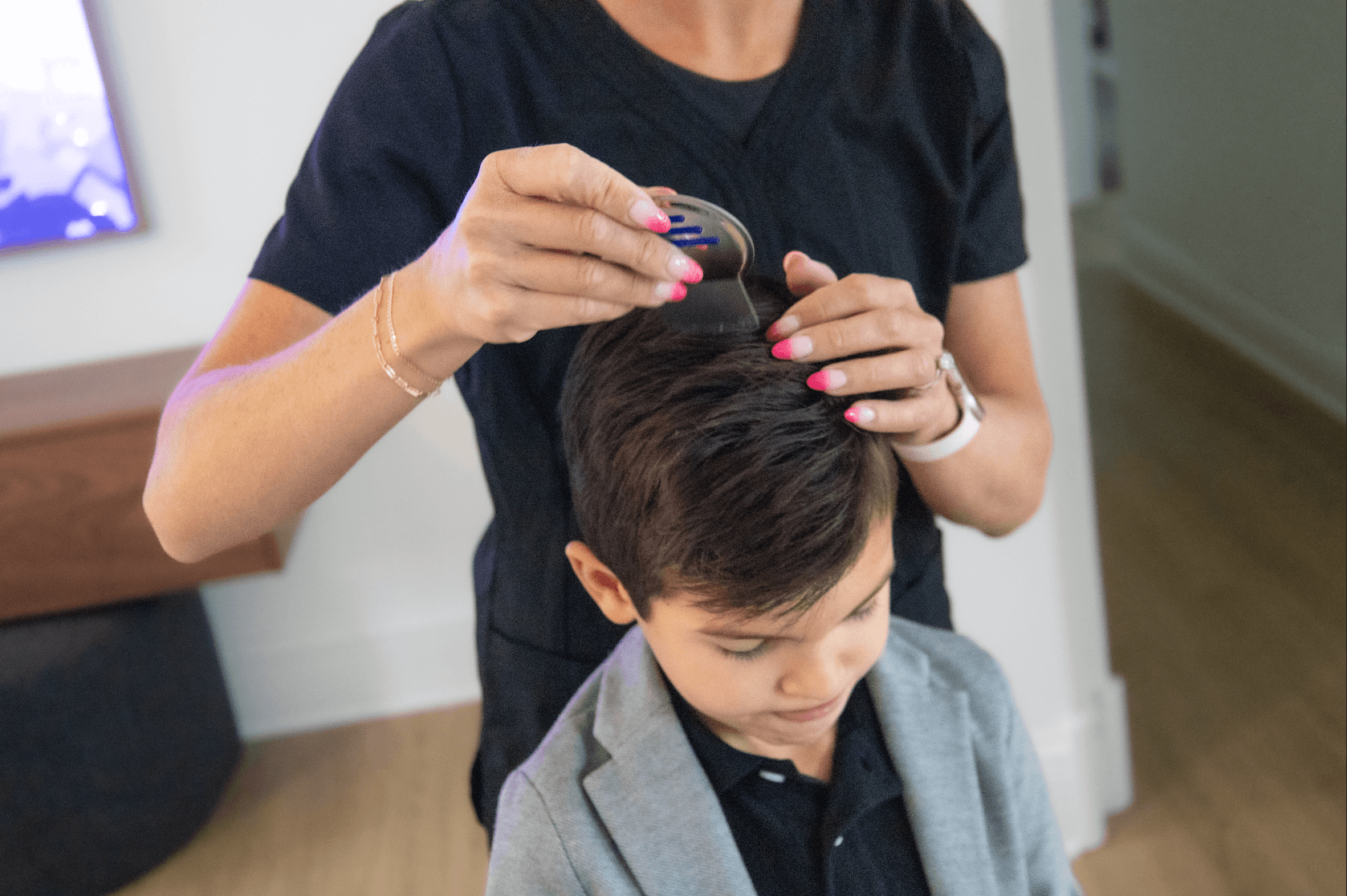

Families Don’t Have to Share Everything
Family gatherings are a time for joy, connection, and lots of hugs — but they can also provide opportunities for head lice to spread. Close contact during these events can lead to unintentional transmission, especially when kids are involved. Fortunately, with a few simple precautions, you can keep lice from crashing your family get-together.
Create Awareness Without Panic
Education is key to preventing lice without disrupting the joy of your gathering. Follow these tips to stay lice-free while keeping the focus on fun:
- Talk about personal space gently: Encourage kids to avoid head-to-head contact during play without making it seem like a big deal.
- Avoid sharing personal items: Remind everyone to use their own hair brushes, hats, and hair accessories. Even though lice can’t live long off the scalp, there’s still a short window to tread lightly around.
- Teach quick visual checks: While not always definitive, adults can keep an eye out for scratching or visible nits to spot potential cases early.
Take Proactive Measures
Being proactive before and during the event can significantly reduce the chances of transmission.
- Encourage protective hairstyles: Keeping hair tied back or braided reduces the likelihood of lice transferring between heads.
- Be mindful of personal space: Scalp-sharing is a lot harder for lice to do if you keep your distance — and you don’t need to totally isolate yourself to do that!
- Have a lice policy: If you know a guest is currently dealing with lice, suggest postponing their attendance for everyone’s comfort and safety.
Understand What Doesn’t Work
There’s a lot of misinformation about lice, so it’s important to focus on effective measures and avoid myths.
- Skip the sprays: Over-the-counter treatments and lice sprays are not effective preventive measures.
- No need for bedding overhauls: Lice don’t live on surfaces like bedding or clothing, so focus efforts on the scalp.
- Avoid panic-cleaning rituals: Lice can’t jump, and they don’t survive long away from the scalp, so there’s no need for exhaustive deep cleaning.
When to Call on the Professionals
If you’re concerned about lice after potential exposure, seeking professional advice is often the best course of action.
- Professional treatment: Regular head checks or comb-outs from a lice clinic can confirm whether lice are present and address infestations quickly.
- Timing matters: If a family member is prescribed lice treatment, remember the prescription may take time to fully work (and might not actually work at all). Unless they have had professional lice treatment, it’s best not to take any chances! To minimize the risk of transmission in the interim, visit a lice professional for immediate comb-out services.
If you’re in need of lice treatment near you, visit the Lice Removal Network to find a lice clinic in your area.
Frequently Asked Questions:
How do I prevent lice from family members?
To prevent lice from spreading among family members, avoid head-to-head contact, refrain from sharing personal items like brushes or hats, and keep hair tied back during close interactions. Regularly check for lice or nits and seek professional comb-out services if needed. Staying informed and taking simple precautions can minimize the risk.
When can you go around people after having lice?
You can be around others in close contact once all live lice are removed, typically achieved through thorough comb-out treatments or effective professional services. Keep in mind that while some prescriptions may kill lice, they often take time to work, so it’s best to complete a professional lice removal to ensure no live lice remain before resuming close contact.
Do you need to isolate after professional lice treatment?
You don’t need to isolate after professional lice treatment if all live lice have been removed. Professional comb-out services ensure lice are eliminated, allowing you to safely resume regular activities without the risk of spreading lice to others.
